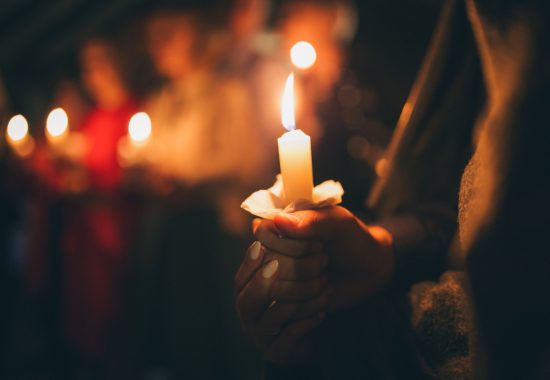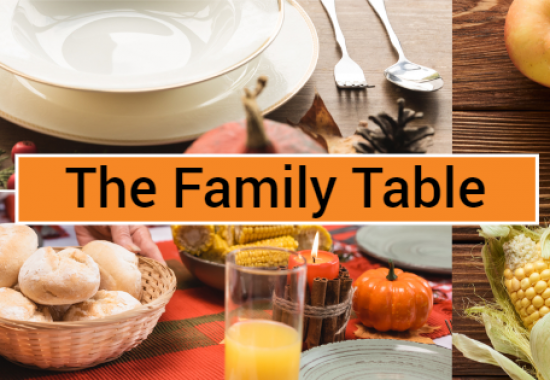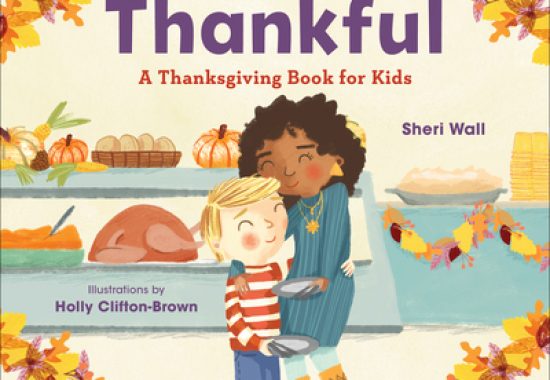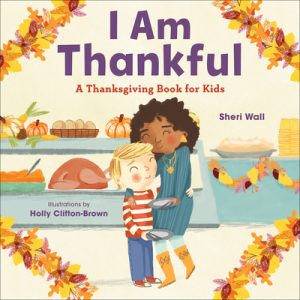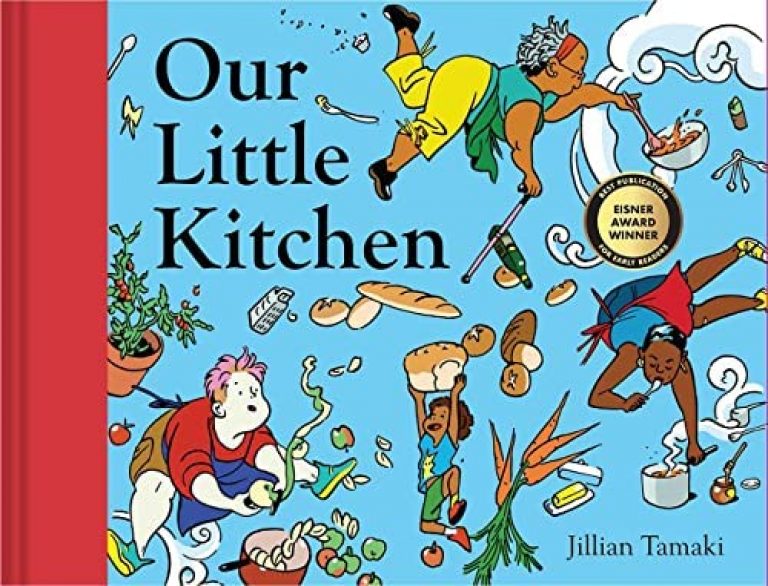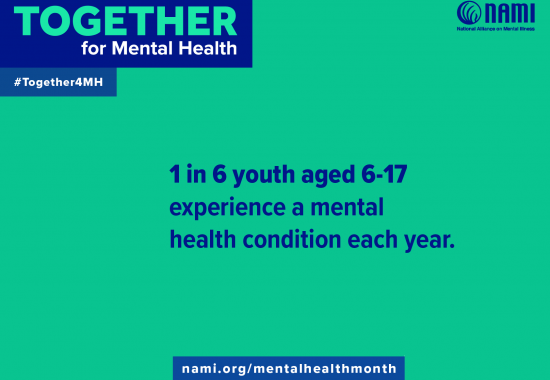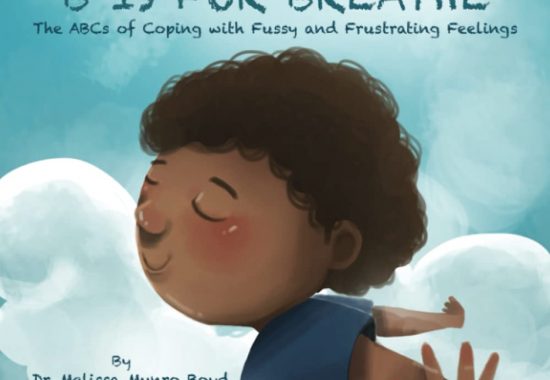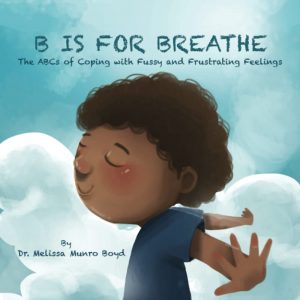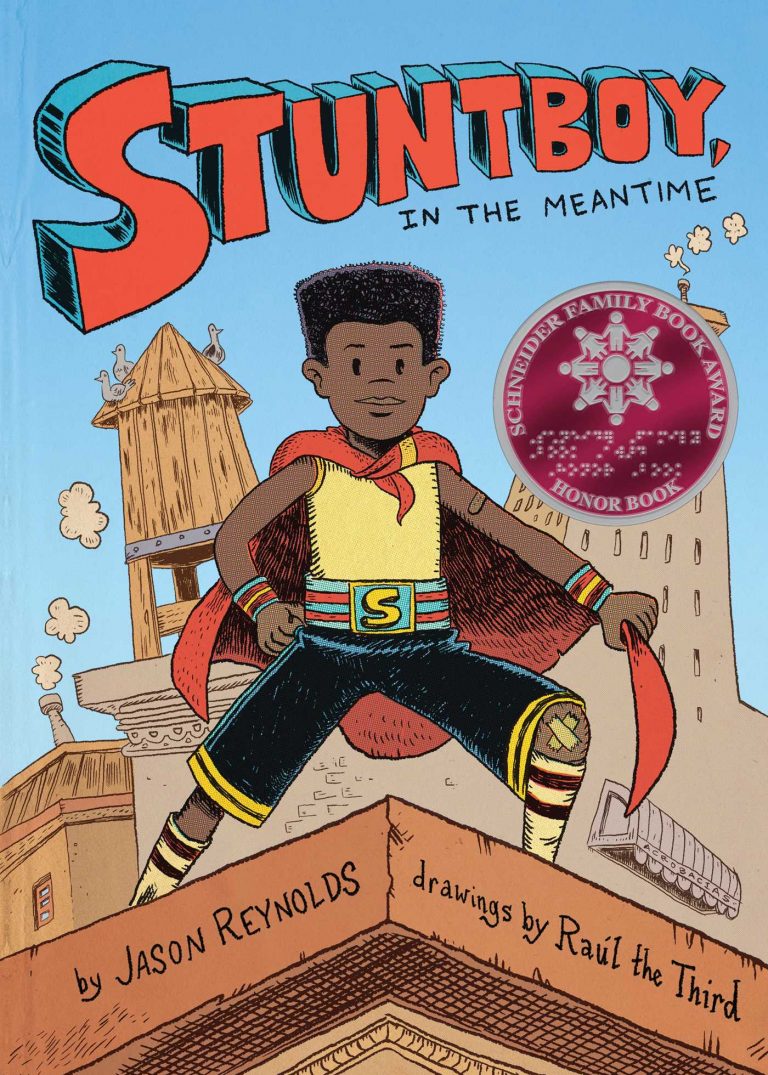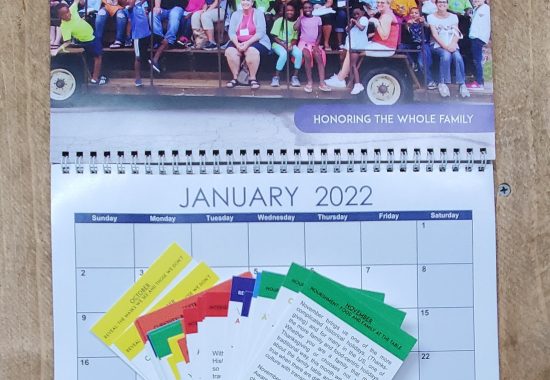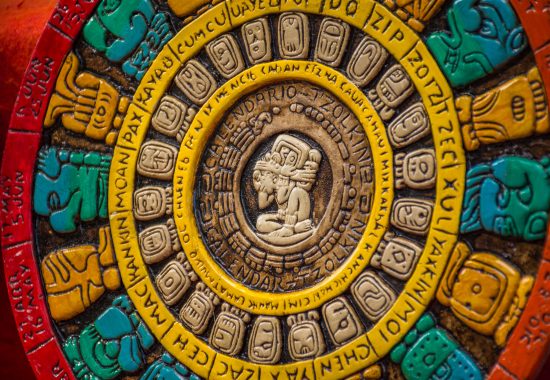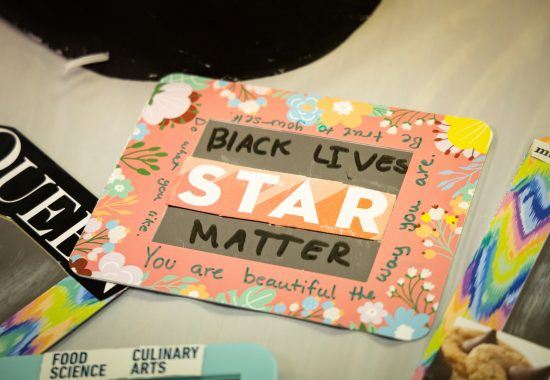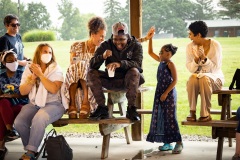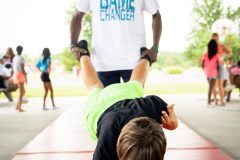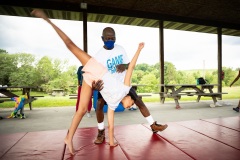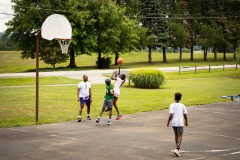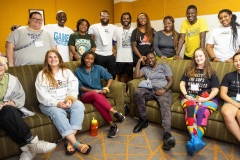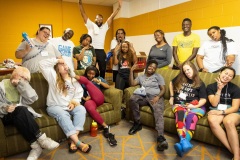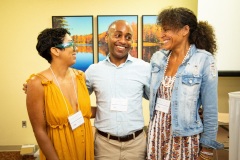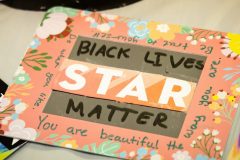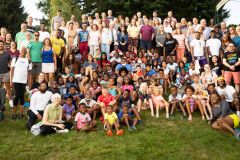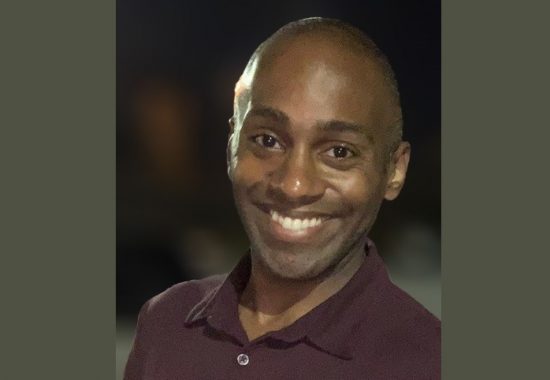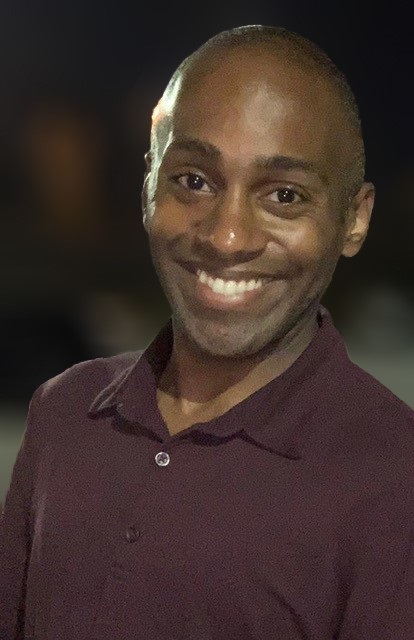author: Avril McInally
For many of us, holidays can be a combination of many emotions and elements. Do we have all the candles we need for our Menorah or for our Kinara? Have we gotten our holiday lights and decorations up? How are we managing our budgets? Is the house tidy and clean enough for our house guests? Do we have enough food? Speaking of food, what about those special recipes we need to prepare? Do we have all of the proper ingredients? And the gifts? Did we purchase enough gifts to make sure no one is left out or one child gets more than another? These are the scenarios for many families at Hanukkah, Christmas, Kwanzaa or Yule, yet what of our families? Our families manage these aforementioned holiday traditions of hosting, eating and gifting as well as creating space for our adopted children, their race, the family they were born into, their culture, their religion and more!Read our previous post: ‘Tis the Season to Reminiscence
Because our families represent multiple aspects of identity, heritage, and culture, we visit the idea or concept of intersectionality. Some intersectionalities that help to describe our families include race, gender, sexuality, adoption, age and religion. We have several aspects of intersectionality to honor, celebrate, foster and sometimes protect. There’s a little more “juggling” for us to do to manage these precious aspects of our children’s and family’s identities. One way to celebrate “us” is to create new traditions that reflect our families and honor their identities. Read our post about the conversation cards this month December - Reflections: Making and Breaking Traditions
Traditions can be a way for families to connect and memorialize important life events. To adoptive families, creating traditions is more than a way to bond, but it can also be a great way to commemorate each family member’s roots. By incorporating activities that celebrate birth culture, adopted children can develop a strong sense of identity.
This year, I’m going to work on creating a holiday card for our family with my family. I’ll make a list of our intersectionalities with my adult daughters. Black, White, Adopted, Not Adopted, Atheist, Immigrant, American, Cisgender, Female, Male….. You get the picture. Then, we’ll draw a Venn diagram of our family’s identity and decorate it. Heck yeah, “This is Us”! This is who we are with some holly on top! This could be a new holiday tradition for us. If you start this tradition now with young children, you can save your cards every year and watch how your lists morph or mature.
In addition to creating and honoring traditions, it’s important to make time to honor our extended family of adoption as we gather to eat a special meal, to light a candle, to build a fire on one of the longest nights of the year or simply when we tuck our children into bed at night. Remember it’s important to honor and/or acknowledge the family members absent from your home. It’s the “most wonderful time of the year,” yet at the height of festivities and anniversaries, our children may be experiencing loss and sadness. Make space for children who are processing these emotions and thoughts and love on ‘em a little more and give them space to talk about their feelings. And last but not least, you may also have emotions surrounding losses or complexities that can come up as well. Building a tradition of inclusion, empathy and love starts with tending to ourselves!
This post is from our December, 2022, newsletter. If you would like to get our newsletter in your inbox each month, please subscribe.

